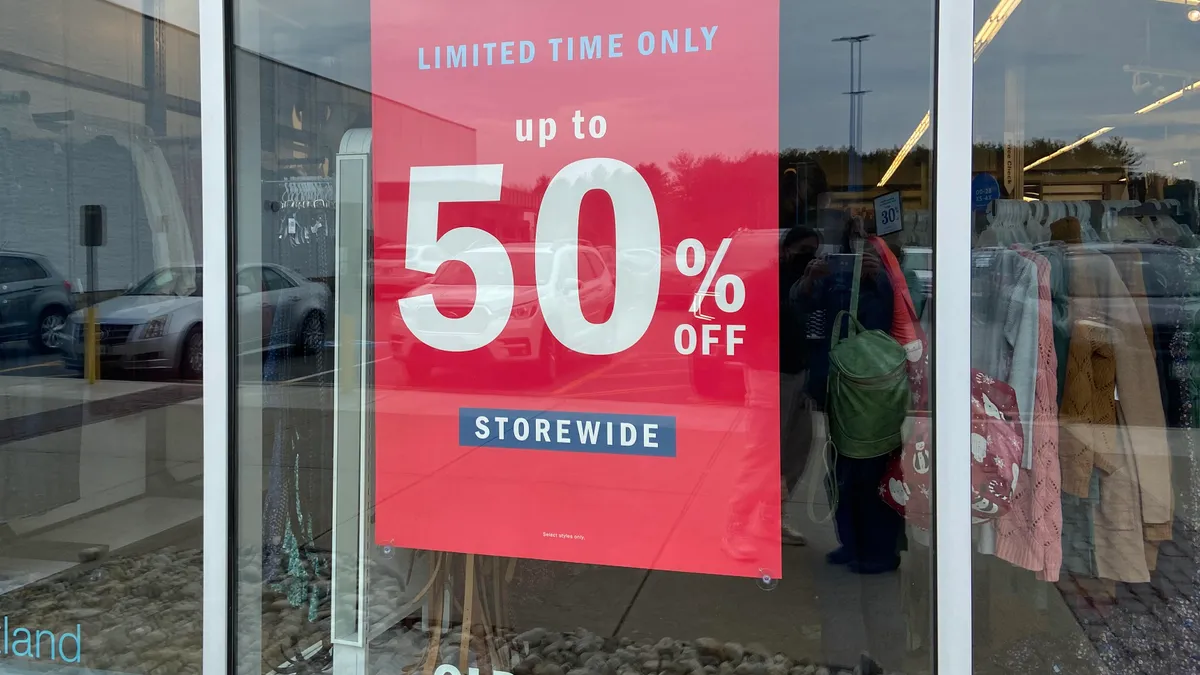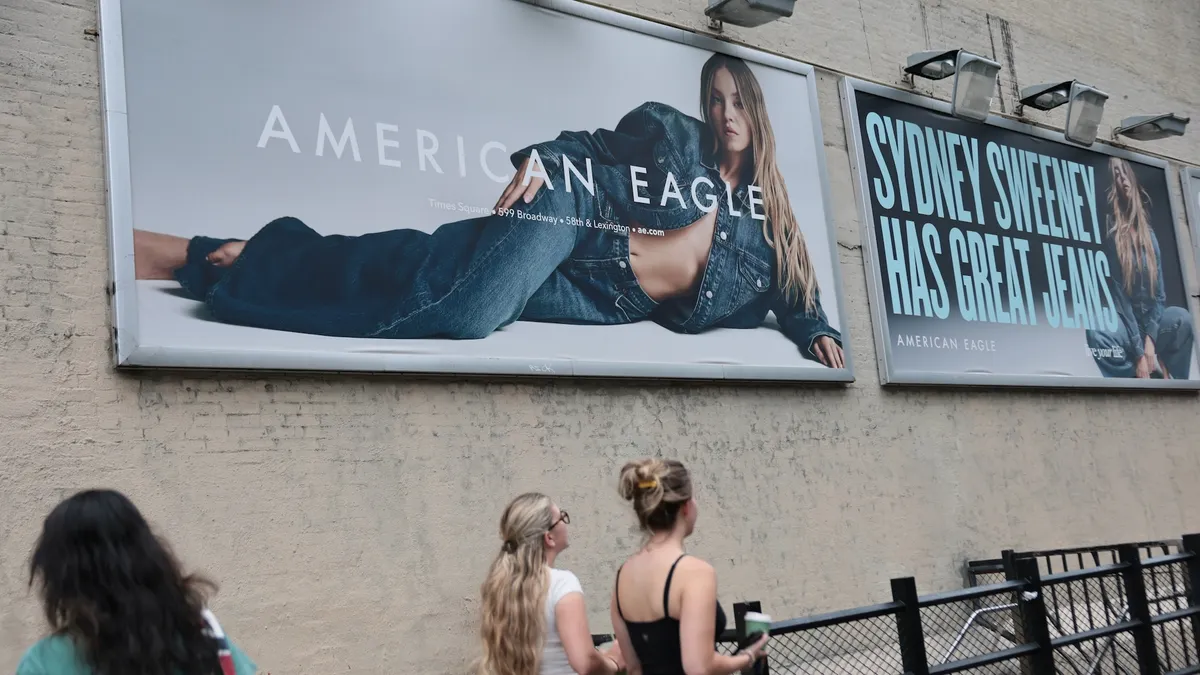A flurry of pre-Halloween blockbuster sales made a lot of observers wonder if the retail industry was moving Black Friday up even earlier this year.
The red-letter holiday kickoff has been inching forward for a while. In 2020, Amazon seemed to be in charge of the starting line, having postponed its annual Prime Day sale until October due to the pandemic. Last year, lingering supply chain issues had shoppers out early to be sure they got what they wanted.
This year, Amazon again staged a second big Prime sales event, though the e-commerce giant didn’t want to call it Prime Day since that took place over the summer. As Target and other retailers held sales of their own around the same time, it seemed like Black Friday had begun, at least in spirit.
It isn’t really turning out that way, though. Amazon’s sale was something of a disappointment, for example. Moreover, discounting is actually down compared to the same time last year, according to research from DataWeave.
Fundamentally, though, consumers may not be quite ready for Black Friday yet. While shoppers who usually tackle their seasonal lists early may have started even earlier in order to stretch their budgets, shoppers still consider Black Friday to be the best day for finding holiday deals, according to research from the NPD Group.
“There is hope for Black Friday, with a likely increase in traffic this year, and more conversion from looking to buying,” NPD’s Marshal Cohen said in a blog post. “Even so, the level of success depends on the retailer’s level of engagement. The decreased propensity to shop online, combined with the consumer’s desire to socialize again, makes Cyber Monday the most vulnerable shopping event of the season.”
The consumer is under pressure
Make no mistake, consumers are tightening their belts in the face of stubborn inflation and fears of a recession next year.
One in five consumers planning to shop for the holidays say they’ll spend less because their economic situation has changed, according to an NPD survey. More than a third of U.S. consumers can’t afford gifts this year due to inflation and higher costs of living, and nearly half plan to spend less this season, according to research from Credit Karma. Nearly 70% will take on debt to get through the season, and 38% of them will do so to cover the groceries for their holiday meals, according to that report.
But that may mean that they’re waiting to shop, as 40% told Credit Karma that they are waiting for annual sales, including Black Friday.
The consumer plans to travel
Another reason shoppers may not have jumped at the early October sales is that they’re saving their money to travel over the holidays.
This continues the impact that the consumer pivot to travel, entertainment and dining out, has had on retail sales all year. Spending on such services “is still being boosted by pent-up demand,” according to Wells Fargo economists.
That’s showing up in NPD’s research, which found that 12% of consumers will spend less on gifts “so they can spend more on holiday entertaining-related expenses, like food, drink, and decorations.” With 55% also planning to go to someone else’s house, up from 47% last year, a larger portion of holiday budgets will be going to travel expenses as well.
Inventories are not that high
One reason to slash prices, and slash them early, is to clear out the excess inventory that is plaguing several retailers.
But the high-profile merchandise oversupply at Target, Nike and elsewhere doesn’t reflect reality for everyone, according to Forrester Principal Analyst Brendan Witcher.
“The story that all of retail has too much inventory is being blown way out of proportion,” he said by email. “Yes, there are a few that clearly have too much inventory, but in-stock levels measured in capital are only up 10% over 2019, which was the last time we had a normal season.”
Back to normal
With so many consumers having returned to shopping in stores this past year, many are nostalgic about Black Friday, traditionally the day after Thanksgiving.
A great majority (63%) of Black Friday shoppers consider in-store shopping a tradition, and 43% actually “miss the the chaos of in-store Black Friday shopping,” according to research from user behavior UserTesting. More than 40% say shopping in stores “is more important now” than before the pandemic. The question remains what they will find when they get there.
When Black Friday and the holiday season begins, or has begun, is largely a moot point, considering that retailers will be scrambling to optimize inventory and prices until Dec. 25.
“A number of companies, like Nike and Target, have been quite vocal about their need to move large amounts of inventory, but that shouldn’t be taken as a sign that everything will be on sale this season,” Forrester’s Witcher said. “Holiday retail season is always a dynamic game of trying to drive sales to the right mix of purchasing so that one item isn’t gone before December while another still has thousands of units in stock in January.”
























